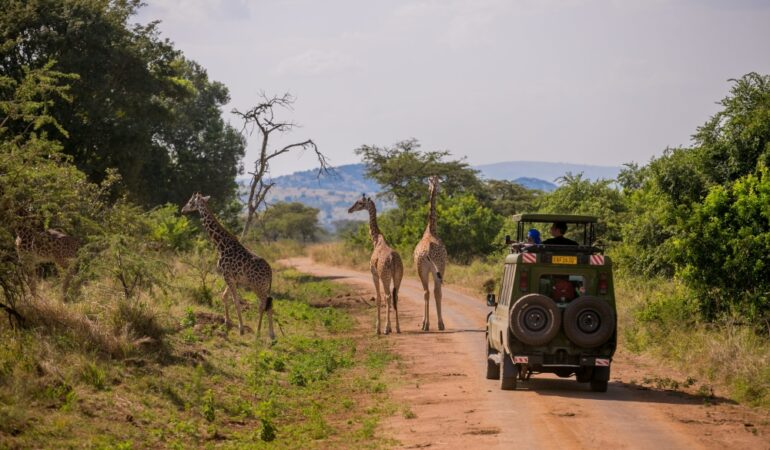
October 23, 2023
Akagera National Park’s Wildlife Growth and Conservation Success
Akagera National Park, a wildlife haven in Rwanda, has experienced a 127 percent increase in its animal population since 2010. This significant growth emerged through the biennial Aerial Census for 2023, which took place during the first week of August. As a result, the park has seen remarkable progress in its wildlife conservation efforts.
Key Findings from Akagera’s 2023 Aerial Census
The census counted large mammals and other vital species in the park, providing crucial data for monitoring population trends and supporting ongoing conservation efforts. According to the preliminary results, 11,338 animals now inhabit the terrestrial and wetland fringe zones of Akagera. Among these are 142 elephants, 1,153 zebras, 782 waterbucks, and 1,820 hippos, to name just a few.
Insights into Predator Populations at Akagera National Park
Additionally, the survey revealed the presence of three leopards and six hyenas, shedding light on the predator populations within the park. Ongoing surveys further estimate that Akagera is home to between 60 and 80 leopards and 120 to 150 hyenas. This data offers valuable insights into the balance of the park’s ecosystem.
How Conservation Efforts Boosted Wildlife Populations in Akagera
These impressive figures highlight the success of the Rwandan government’s efforts in wildlife conservation. The park’s mammal population has grown significantly, from 5,000 in 2010 to over 11,000 in 2023. This growth clearly reflects Rwanda’s strong commitment to preserving biodiversity and implementing sustainable conservation practices.
Akagera’s Vital Role in Rwanda’s Ecological Balance
Furthermore, the growth of animal populations highlights the importance of Akagera as a vital ecological area. With its diverse habitats, the park supports various species, offering a safe environment for both large mammals and smaller wildlife. Moving forward, it will be essential to continue monitoring and applying effective conservation strategies to ensure long-term success.
Akagera’s Eco-Tourism Impact and Benefits to Local Communities
In addition to its ecological significance, Akagera also plays a critical role in Rwanda’s eco-tourism sector. As wildlife populations thrive, the park attracts more visitors, generating important revenue that supports local communities and contributes to the national economy. Akagera’s success offers valuable lessons in responsible management and long-term conservation planning.
https://khillsafaris.com/akagera-national-park-reports-127-increase-in-animal-population/